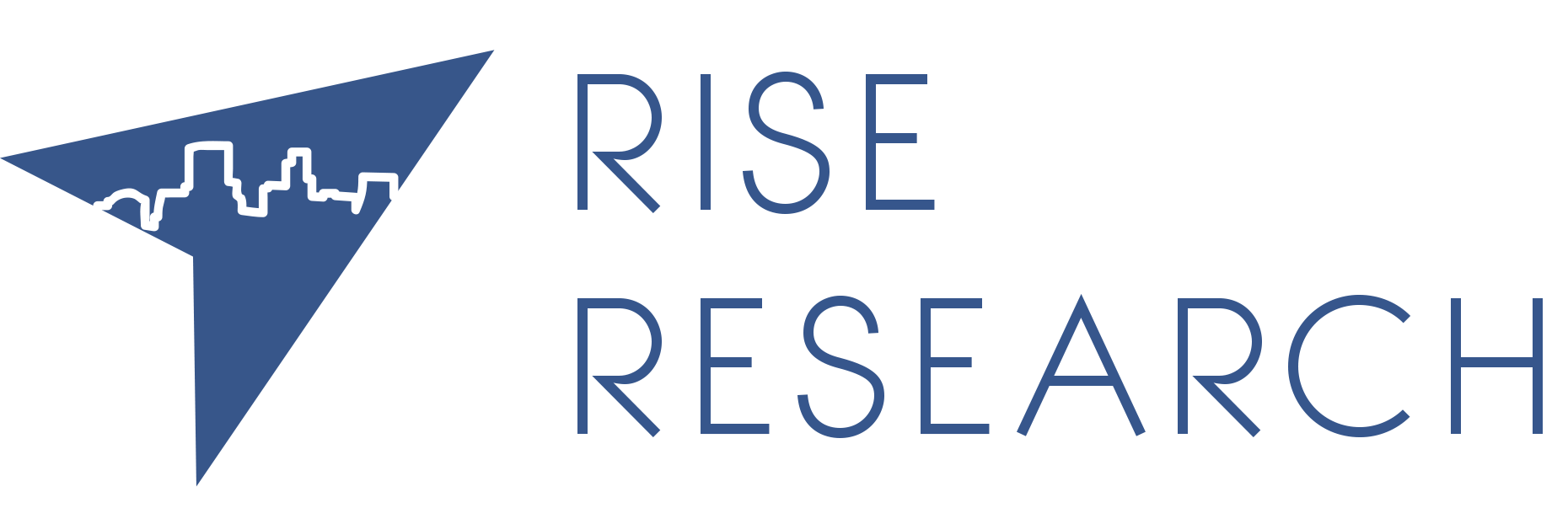|
Each year, I get contacted by grad students, post-docs, and asst. professors who want to learn more about my journey out of academia and into Rise Research. These are typically folks who are thinking about leaving academia -- finding it too restrictive or jobs too few and far between.
I thought I'd write up some of what I share in those conversations for others who are interested. As background, I trained and worked in a university setting for nearly 20 years prior to starting Rise. This post is about why I made the move. 1. I wanted to feel more of an impact with my work. If you're reading this, you probably find a lot of fulfillment in analyzing data and answering big questions. Me too! But there is a big gap between landing an article in a leading journal and feeling an impact outside of academia. The incentives of academia can make it difficult to achieve the latter, and that's what I wanted to do. 2. There was a need for my skills. Before launching out on my own, I did a lot of market research. What would I work on? Who would hire me? I learned that there are a lot of potential funders (public and philanthropic) in MN, a strong interest in understanding and improving social programs, and a robust network of public and nonprofit orgs that I could work with. I also talked to a number of local freelancers and consultants who were making it work. This convinced me that I could too. 3. I wanted to self-direct. This is why I chose entrepreneurship over a think tank or government job. As an entrepreneur, you choose the projects that you work on and the partners you work with. Only possible as your own boss. 4. I wanted to be flexible in my approach. The world feels like it is changing so rapidly and it is important to be able to quickly pivot to a new topic or way of working. Case in point -- our team was able to quickly develop and refine Rise Data Walks in response to increasing interest in engaging community members in research and evaluation projects. This would have been a lot harder to do at a big organization with an established set of products and operational practices. 5. Finally, I wanted to lean into my strengths. For so many years I felt like I had to turn off parts of myself in academia. I felt like I wasn't using skills in communication, relationship-building, and seeing outside the box. As an entrepreneur, you have the ability to craft your work in a way that builds on those things that make you who you are. This is an incredibly rewarding feeling. Does this sound familiar? Stay tuned for the next post, where I'll talk about different ways to make the move. Comments are closed.
|
Archives
January 2022
Categories
All
|

 RSS Feed
RSS Feed
